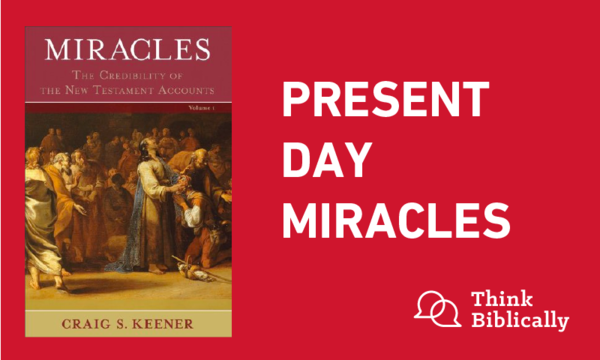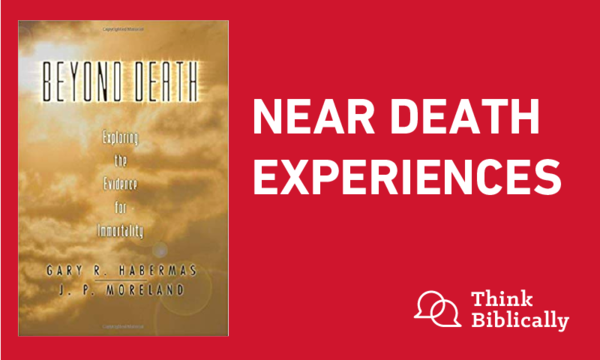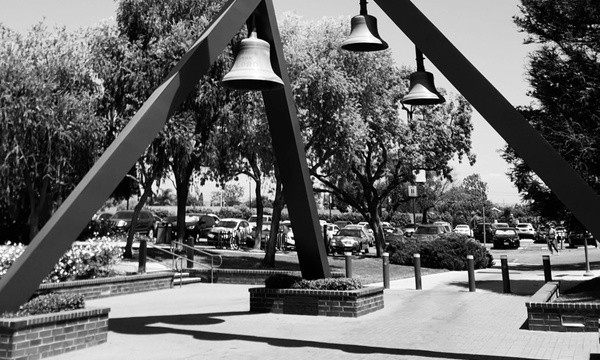Blogs & Podcasts
![]()
Becoming Biola
Explore Life at Biola University![]()
![]()
![]()
Bravo!
Biola University Conservatory of Music![]()
Business. Ministry. Life.
Crowell School of Business![]()
GRIT
a resource collective for women![]()
Opening Question
Torrey Honors College![]()
![]()
Talbot Magazine
Talbot School of Theology![]()
The Faculty Cut
Resources from the Snyder School of Cinema and Media Arts' Industry Professionals![]()
The Good Book Blog
Talbot School of Theology Faculty Blog![]()
Think Biblically
Conversations on Faith and Culture![]()
Winsome Conviction
Cultivating Conviction with Civility
Latest Posts
Can an Unbeliever Accept Christ?
Weekly Q & A with Dr. William Lane Craig
Present Day Miracles
with Craig Keener
Introverted or Extroverted?
...and how to thrive at Biola whichever you are!
My Colleague at Talbot, Richard Rigsby
Tom Finley remembers his late colleague, Professor Emeritus Richard Rigsby
Near Death Experiences
with Gary Habermas
How to See Yourself as God’s Beautiful Creation
a guest blog post by Megan Nguyen
Thoughts on Homelessness
a response to The Biola Hour on compassion and homelessness
Should I Ditch our Christmas Tree?
Weekly Q & A with Dr. William Lane Craig
 Biola University
Biola University































